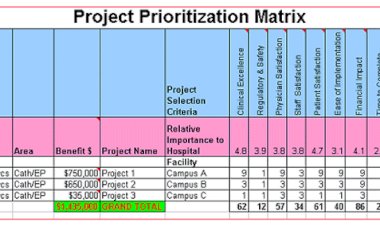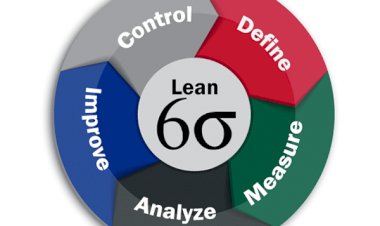Leading High-Performing Teams: The Power of Project Management
Effective leadership is crucial for project success. By developing strong leadership skills, project managers can inspire and motivate their teams, build strong relationships, and deliver exceptional results. Learn how to become a better leader and drive project success.

Leading High-Performing Teams: The Power of Project Management
Effective leadership is the cornerstone of successful project management. A skilled project manager can inspire and motivate teams to achieve extraordinary results. By understanding the dynamics of team behavior and implementing effective leadership strategies, you can create a positive and productive work environment.
Key Leadership Qualities for Project Managers:
- Visionary Leadership: Clearly articulate the project's goals and inspire the team to work towards a shared vision.
- Emotional Intelligence: Understand and respond to the emotions of team members, build strong relationships, and resolve conflicts effectively.
- Effective Communication: Communicate clearly, concisely, and empathetically to build trust and foster collaboration.
- Strong Decision-Making Skills: Make informed decisions under pressure, even in the face of uncertainty.
- Adaptability: Adapt to changing circumstances and embrace new challenges.
- Problem-Solving Abilities: Identify and solve problems proactively.
- Team Building: Foster a positive team culture and encourage collaboration.
Strategies for Inspiring and Motivating Teams:
- Set Clear Expectations: Clearly define roles, responsibilities, and deadlines to avoid confusion and misunderstandings.
- Provide Regular Feedback: Offer constructive feedback to help team members improve their performance.
- Recognize and Reward Achievements: Acknowledge and reward hard work and dedication.
- Empower Team Members: Delegate tasks and empower team members to make decisions.
- Foster a Positive Work Environment: Create a supportive and inclusive culture where team members feel valued and respected.
- Lead by Example: Demonstrate the behaviors and attitudes you expect from your team.
- Continuous Learning and Development: Encourage team members to learn new skills and develop their capabilities.
By developing strong leadership skills and implementing effective strategies, you can inspire and motivate your team to achieve outstanding results.

 Pranay Kumar
Pranay Kumar 































Comments (0)
Facebook Comments